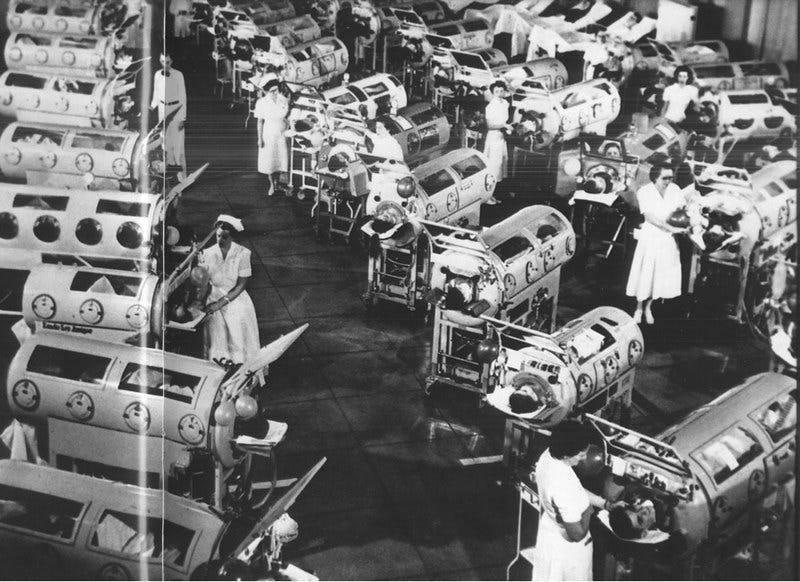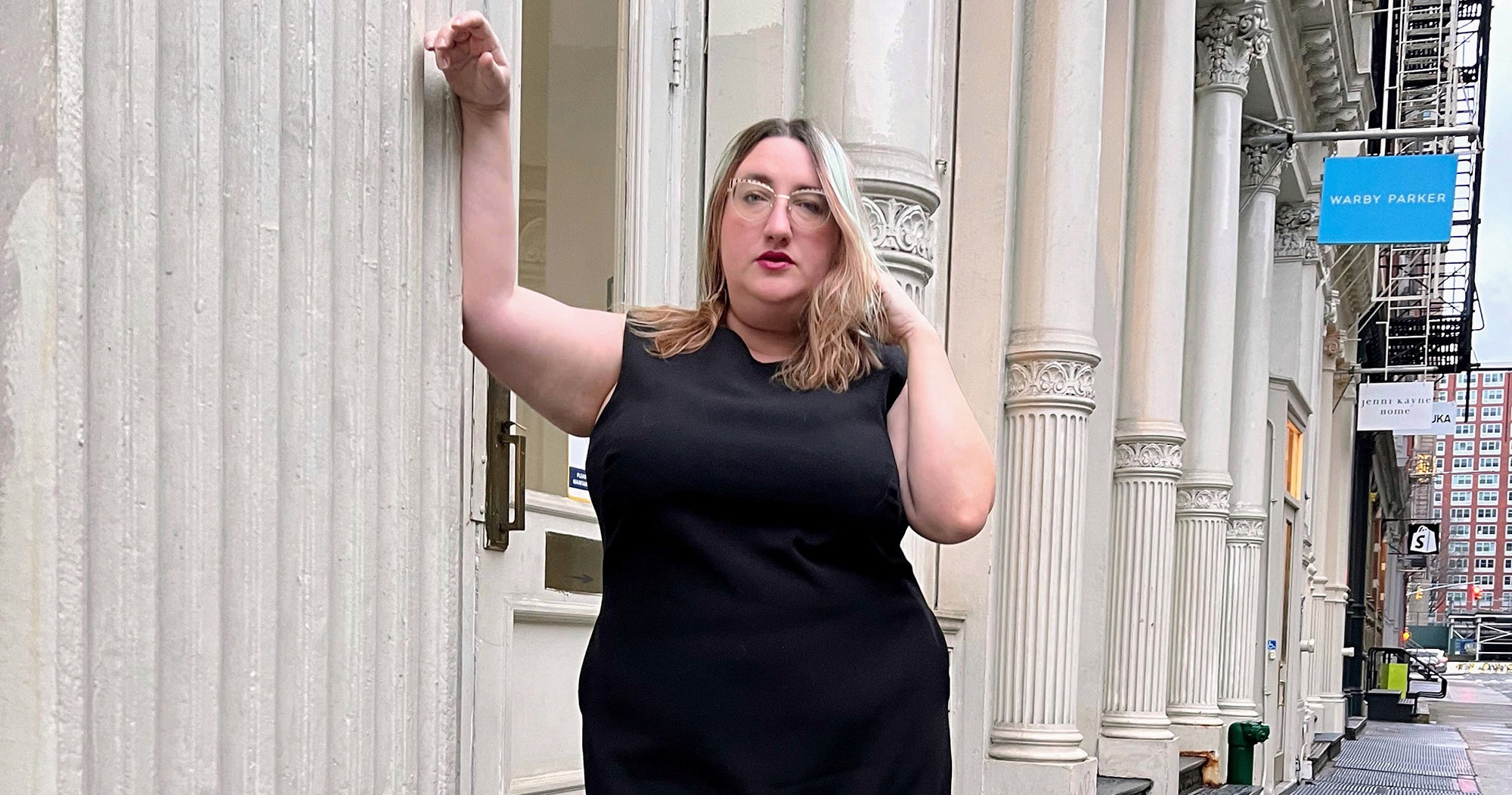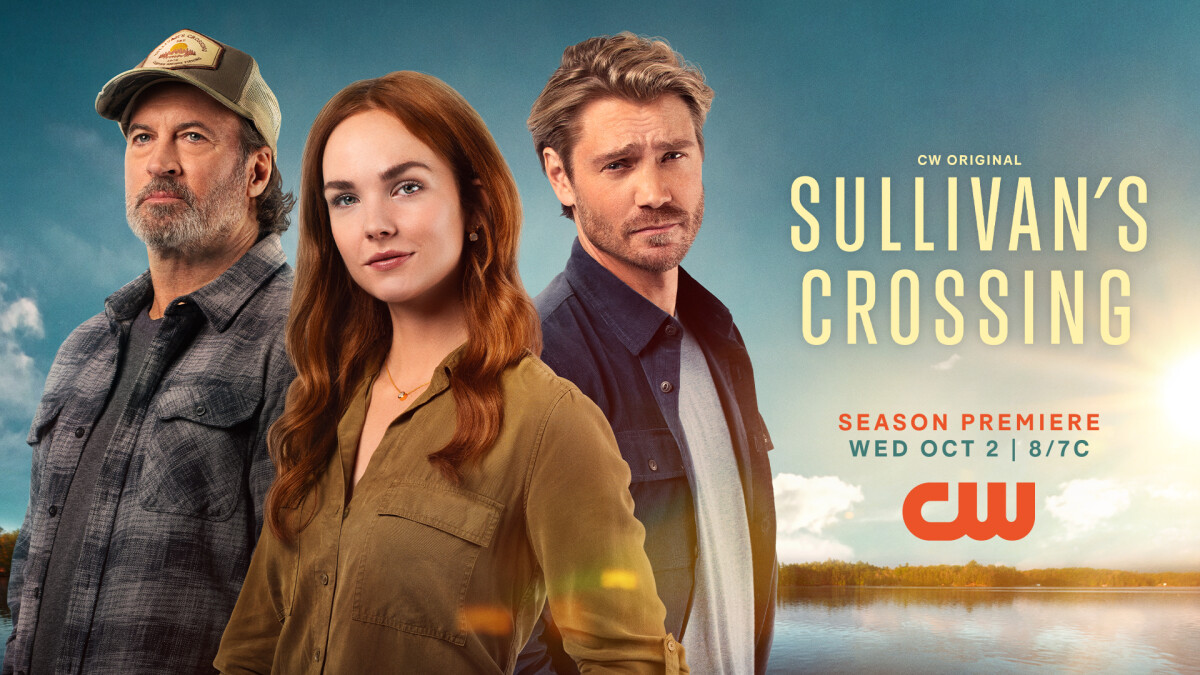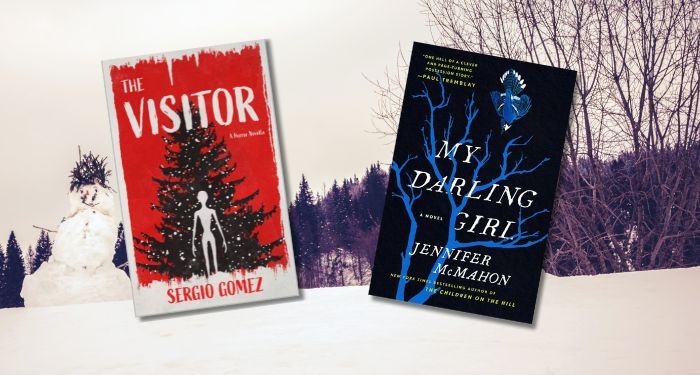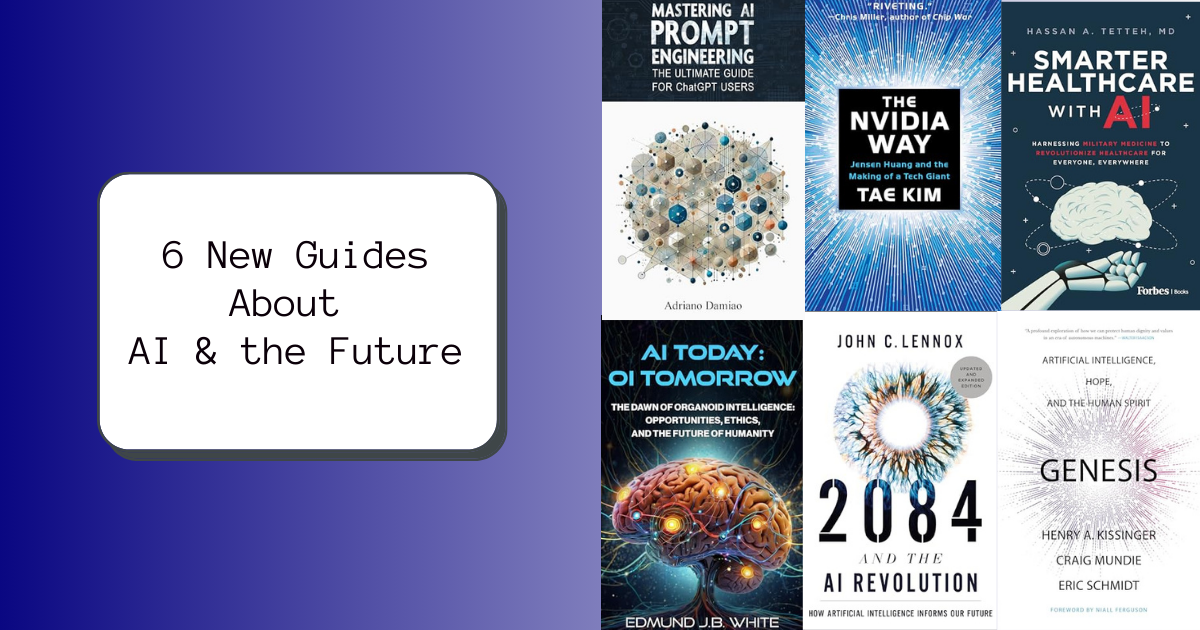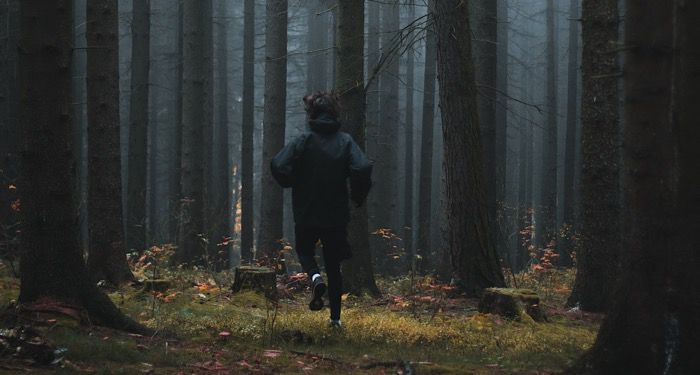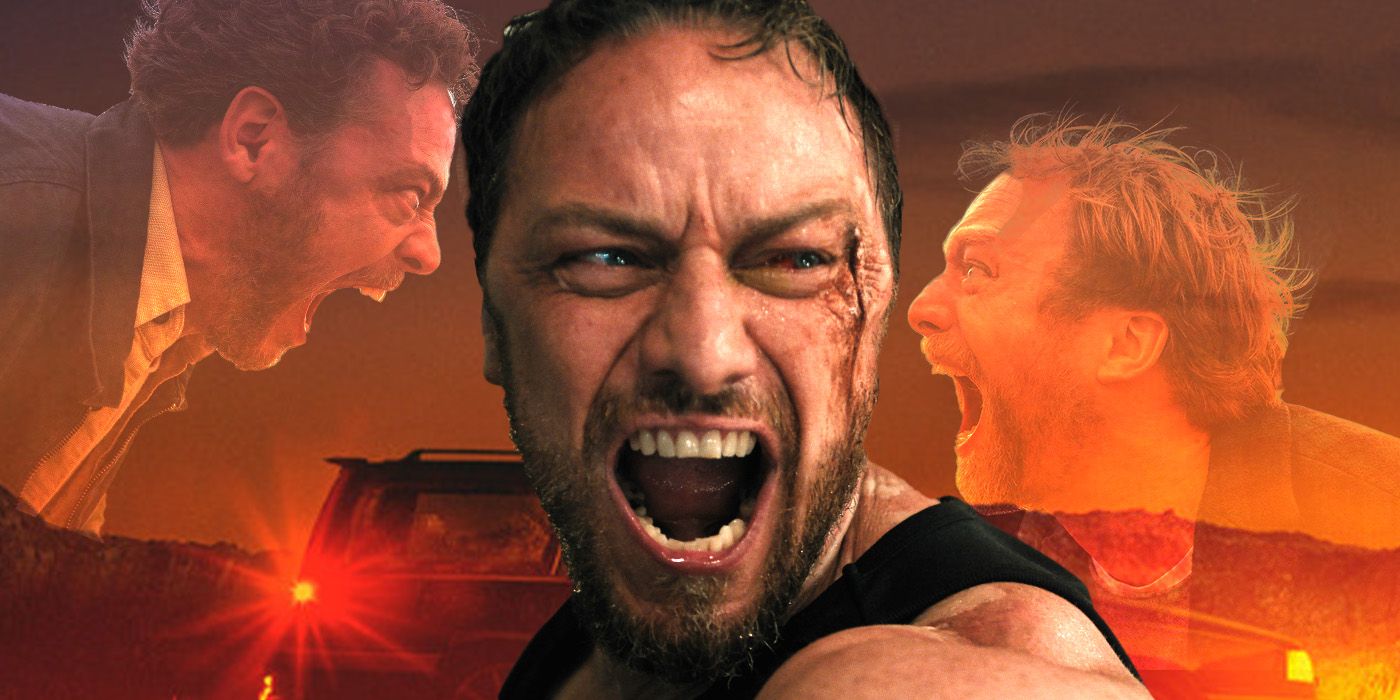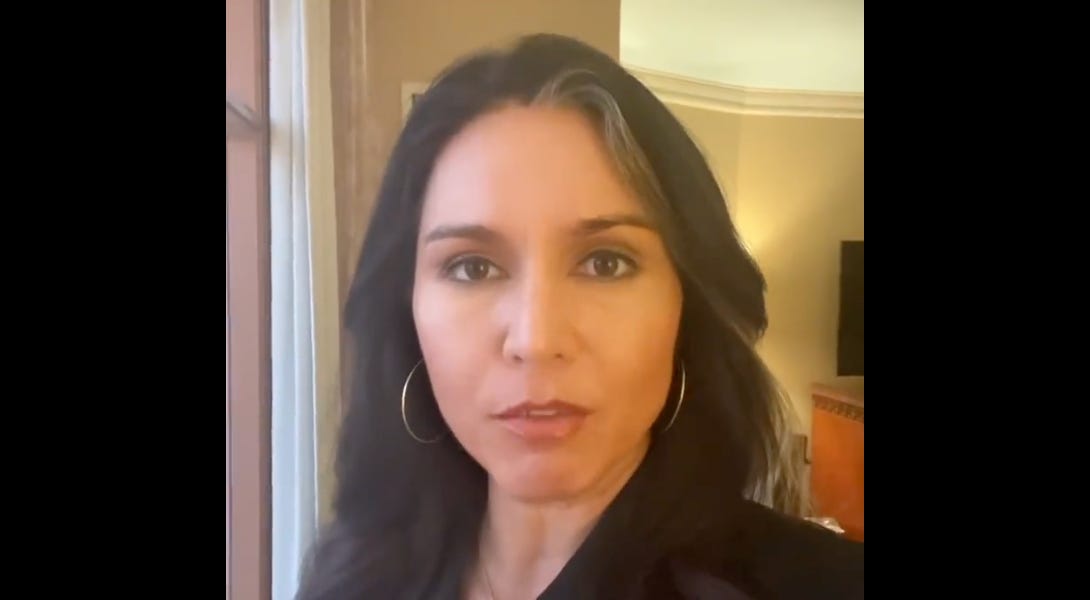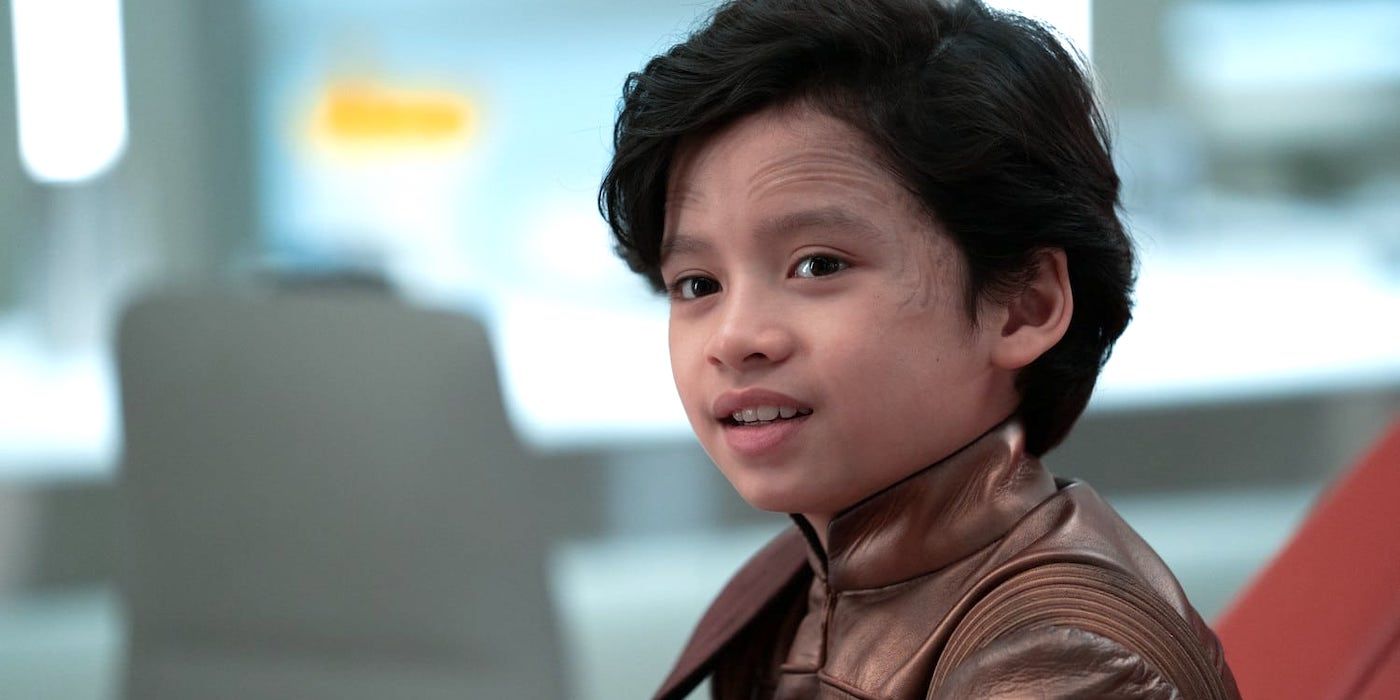It’s easy to think you could do better when you’re a person sitting on a couch sipping red wine or chamomile tea. Your brain in this state is, at most, agitated from the tension in the book or film, but is mostly still running on normal and capable of rational, complex thinking rather than surging with adrenaline and a need to flee.
If we paid attention to the horror genre, there’s a lot for us to learn about ourselves. If we open our minds and realize that the panic and seemingly irrational choices or mistakes are real and true responses to danger and horror, then empathy can in turn make us better and more capable people.
Because it is possible to vanquish evil, to escape the axe murderer, to defeat the evil spell you unleashed on the world, but not easily and not without mistakes. And one way that we definitely won’t survive to the end of the movie is by pretending that all the violence is far away and that it can’t come for us, defeat us, get to us.
You might notice that we’re falling into something that feels awfully applicable to real life. Because we are. The illusion of safety, the arrogance of privilege, and the ignorance of what trauma and panic responses look like, can blind us to the real-life horrors of our world and the real-life experiences of it.
“Why wouldn’t you scream?” “But she didn’t call 911.” “She shouldn’t have gotten so drunk.” “But he was a strong guy, why didn’t he fight back?” “Why didn’t they just leave?” “Well, they must have done something.” “No, that kind of thing can’t happen here.”












